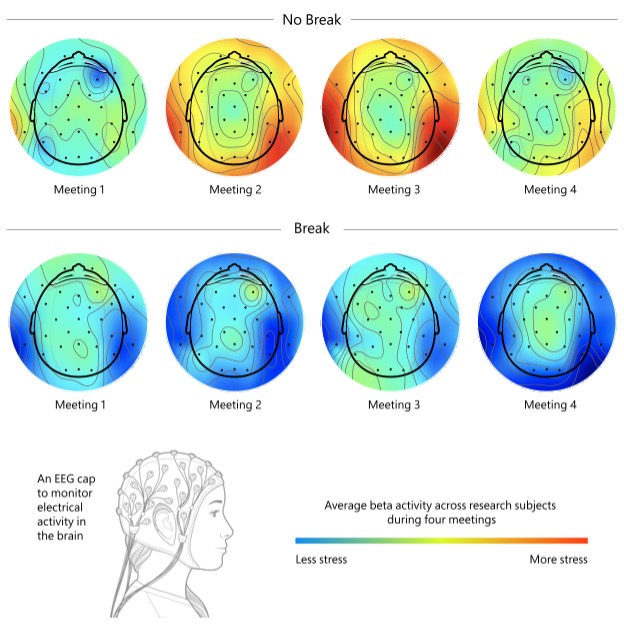It had been a surprise, months in the making. I’d been quietly squirrelling away and hiding all the information and bookings for my husband’s significant birthday trip.
The closer it got to our date to travel, the harder it was not to let the information slip. I had to keep biting my tongue and zipping the lip.
Finally, the day came and having packed his bag for him (and I must add, this is the ONLY time I’ve ever done this) I managed to get him from Perth to Singapore to Rome with him none the wiser as to his destination.
While standing in the queue waiting to board our last flight, he started chatting with the lady waiting behind us, sharing how he was on a surprise holiday for his birthday and didn’t know where he was going. She gushed saying, “How marvellous,” “How exciting” etc. before adding “And have you been to Malta before?”
She recognised her mistake even before she had finished her question, as my jaw dropped in horror onto the terminal floor, and my thoughts at that moment are unprintable!
She then simply melted from view, and we didn’t see her again.
We can all be mindless sometimes.
We say and do things without thinking and sometimes we can upset people. (Yes, I admit, I was a tad upset, she had ruined the surprise.)
But is this always a problem?
Is our propensity for mindlessness a reflection of the fact we are not designed for long term thoughtfulness?
Our brain has evolved to conserve our precious mental energy for important conscious processing, meaning you can only pay close attention for a relatively short period of time (and only you know how long your attention span is and what influences it) before switching to what is known as the default mode network. This is where your focus moves from external tasks to future planning, a little mind wandering (oh, the joy) and internal thought.
Is being more mindful the antidote?
You may have noticed the modern clamour for more mindfulness in our lives.
Perhaps you have already done a mindfulness meditation course or practise regularly using one of the myriads of mindfulness apps.
And there’s a growing wealth of evidence supporting the benefits mindfulness can bring to our lives. As a GP I regularly referred my patients struggling with anxiety or high stress to mindfulness meditation courses.
I learnt mindfulness meditation and went on to train as a teacher of the practice.
The benefits of being more mindful include improved focus and attention, heightened creativity, a greater sense of wellbeing, an improved sleep pattern, a stronger immune system, more purpose and meaning, increased neuroplasticity and neuroprotection from cognitive decline.
Who wouldn’t want a stronger, more developed, and resilient mind?
Ellen Langer, social psychologist and Harvard professor defines mindfulness as “the simple act of noticing things” that contributes to better health, wellbeing, competence, and happiness.
What differentiates Langer is her belief that mindfulness doesn’t have to involve contemplation, meditation, or yoga, rather that our experience of everything is determined by the words and ideas we attach to them.
As with so many of our other brainy processes, it’s about finding the right balance between our mindful and less mindful activities so that you can pay attention when needed and avoid those embarrassing slips of the tongue and social faux pas.
Developing mindfulness either through formal meditation or informal practice enhances your ability to recognise when to tune into focussed attention as when problem-solving and when to let go.
This is flexible thinking in action.
For instance, have you ever found yourself tied up in a neural knot trying to fathom out a solution to a tricky problem? Chances are by this stage you’re feeling somewhat frustrated and cognitively exhausted.
Instead of staying stuck, this is the time to grab your jacket and head for the hills, well at least to get outside for a walk to change the environment you’re in (preferably outside in a green space) to allow your mind to uncouple from all that heavy lifting thinking and allow your mighty subconscious to do its magic.
This is how we create insight and all it needs from you is to:
- Be in a quiet space
- Consciously uncouple from your focus
- Reflect your thoughts gently inwards
- Remain mildly happy
- Not try too hard
Where do you get your best ideas and creative ‘Aha’s’ from?
Chances are, it’s not when you’re in the office sitting at your desk.
For me, it’s about getting out for a long walk either along the beach or in a local park.
Where do you go?
The solution to our overstretched, over-committed and overburdened mind is to remember that your brain functions best when you give yourself a break.
How does this work in practice?
Well, it means ensuring you take enough brain breaks during your day.
The issue is, we’ve become used to operating in a 24/7 world where we are constantly “on” filling every nook and cranny of our day with stuff to be done. We start off our day at full speed and keep going, sometimes failing to stop for meals or bathroom breaks. Little wonder we can end up exhausted, grumpy and with a nasty tension headache.
You might have had a good night’s sleep and you may be doing some regular exercise and trying to eat healthily more often, but if you’re not giving your brain the mental space it needs to refresh and re-energise periodically, your capacity to pay good attention diminishes rapidly.
This is what has contributed to the outbreak of zoom fatigue. During the Covid-19 pandemic, we have fallen foul of creating really bad habits like back-to-back zoom calls and Microsoft teams meetings forgetting that it takes far more cognitive energy to pay attention to a small screen than in-person meetings.
Have a break, have a Kit-Kat™
The chocolate wafer biscuit is optional.
All you need is to schedule in a short 10-minute break between meetings and tasks.
Microsoft Human Behaviours Lab undertook a very small study of 14 participants that showed how back-to-back zoom calls heightens stress and diminishes attention.
Please tell me this doesn’t surprise you.
What they found was that taking a short 10-minute break with a short meditation practice between meetings resets the brain, reducing stress levels and increasing your ability to be in a more relaxed and attentive state.
How much more effective and less exhausting could your online meetings be, simply by creating a 10-minute break between calls?
How else can you take a brain break?
- Move away from the screen and look out of a window, look at the horizon. Gove yourself permission for a little daydream
- Get out for a brief walk, preferably in nature
- Schedule a short power nap or mindfulness meditation, whatever works for you.
- Switch your focus from all that’s on your to-do list and express gratitude for what you have and the good around you.
- Take 3 slow breaths to deactivate the part of your nervous system that’s keeping you wired for potential threat.
- Schedule in some thinking space for each day. This is your time to just be, to sit plan and think about the day ahead. What do you want to achieve? Who do you need to speak to?
Taking time out to plan for 10-15 minutes in this way can dramatically increase your performance and productivity.
Reducing stress like this, is not slacking off, this is energy management 101, keeping you in the high-performance zone and avoiding overworking, which is no fun for anyone, least of all you.
It’s what Andrew MacDonald from 3Q lab calls physiological intelligence. It’s about using your body and brain in the way it was designed, with periods of focused activity interspersed by periods of rest that tops up your mental energy tanks.
Who would have thought raising performance, reducing stress, and elevating mental wellbeing could be as simple as taking a break?
Less can be so much more.
How do you tackle the mindlessness in your world?
I’d love to hear your thoughts.
Dr Jenny Brockis is a medical practitioner and board-certified lifestyle medicine physician, keynote speaker and best-selling author showing how we can all learn to Thrive by Design Her new book Thriving Mind: How to Cultivate a Good Life (Wiley) is now available for purchase.
If higher mental wellbeing and sustainable high-performance is important to you, let’s set up a time to chat.



